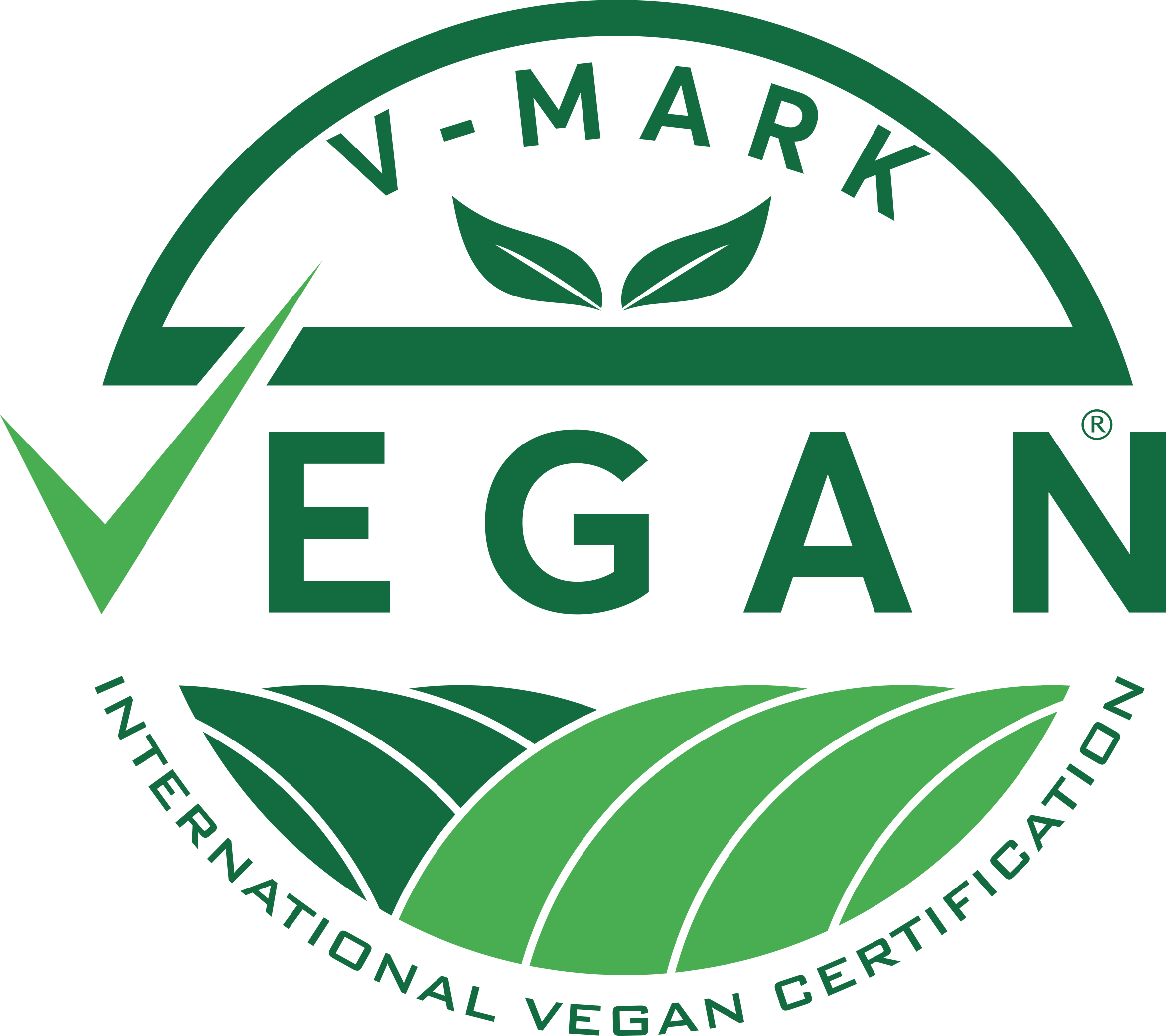Is Veganism Harmful? A Look at the Risks and Benefits
Veganism is a way of life that excludes all animal products, such as meat, dairy, and eggs, as well as by-products derived from animals, such as honey and gelatin. Proponents of veganism often cite ethical and environmental concerns as motivation for their lifestyle choice, but there are some potential health concerns associated with veganism, as well. In this article, we’ll take a look at the risks and benefits of veganism to better understand how it can affect your health.

On the plus side, veganism is a great way to get a variety of important vitamins and minerals, such as vitamin B12 and iron, as well as dietary fiber, which can help support digestive health and reduce the risk of certain illnesses. A vegan diet is also usually low in saturated fat, cholesterol, and sodium, which can help to reduce the risk of certain chronic diseases, such as heart disease and diabetes.
However, there are some potential risks associated with veganism, as well. Because vegan diets are low in certain nutrients, such as calcium, vitamin D, and omega-3 fatty acids, vegans may need to be particularly careful about supplementing their diets with these important nutrients. Additionally, vegan diets can be low in protein, so it’s important to make sure you’re getting enough from plant-based sources, such as legumes, nuts, and seeds.
Overall, veganism can be a healthy lifestyle choice if done right. With careful planning and supplementation, a vegan diet can provide all the nutrients necessary for a healthy life. However, it’s important to remember that veganism is not a one-size-fits-all solution, and there may be some risks associated with it. It’s important to do your own research and consult with a healthcare professional before making any major lifestyle changes.
Blog
- Are Vegan People Healthy? Examining the Science Behind a Plant-Based Diet
- Is Veganism Harmful? A Look at the Risks and Benefits
- The Ethics of Veganism: Why People Choose a Plant-Based Diet
- The Health Benefits of Veganism: What the Research Shows
- The Myths and Realities of Veganism: Separating Fact from Fiction
- The Rise of Veganism: A Look at the Growing Movement
- Veganism 101: An Introduction to the Vegan Lifestyle
- Veganism and Aging: Can a Vegan Diet Help You Live a Longer, Healthier Life?
- Veganism and Beauty: Plant-Based Options for a Compassionate Regimen
- Veganism and Cancer: Does a Plant-Based Diet Reduce the Risk of Cancer?
- Veganism and Diabetes: Can a Plant-Based Diet Help Manage Diabetes?
- Veganism and Dining Out
- Veganism and Fashion: Ethical and Sustainable Options
- Veganism and Fitness: How to Build a Strong and Healthy Body on a Plant-Based Diet
- Veganism and Gifts: Ethical and Sustainable Options for All Occasions
- Veganism and Health: Debunking Myths and Exploring the Benefits
- Veganism and Heart Health: Is a Vegan Diet Good for the Heart?
- Veganism and Holidays: Celebrating Compassionately
- Veganism and Nutrient Deficiencies: How to Ensure a Balanced and Healthy Diet
- Veganism and Parenting: Raising Compassionate Kids in a Plant-Based Household
- Veganism and Personal Care: Choosing Cruelty-Free Products
- Veganism and Social Justice: How the Vegan Lifestyle Can Help Create a More Equal World
- Veganism and Travel: Tips for Staying Vegan on the Go
- Veganism and Weight Loss: Does a Plant-Based Diet Promote Healthy Weight Loss?
- Veganism and the Environment: The Impact of a Plant-Based Diet
- Veganism for Beginners: A Step-by-Step Guide to Adopting a Plant-Based Lifestyle

GET CERTIFIED
